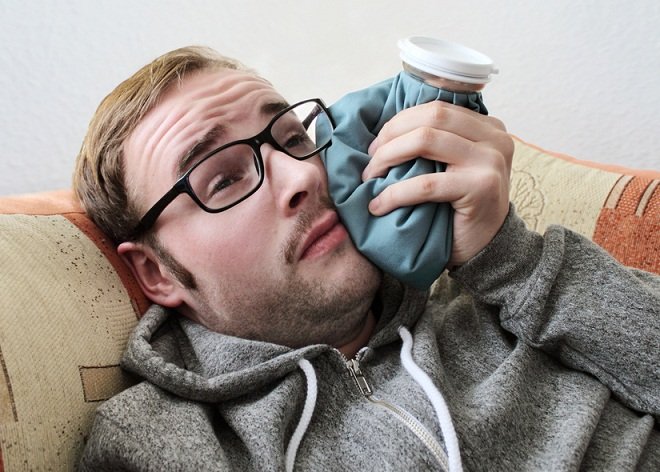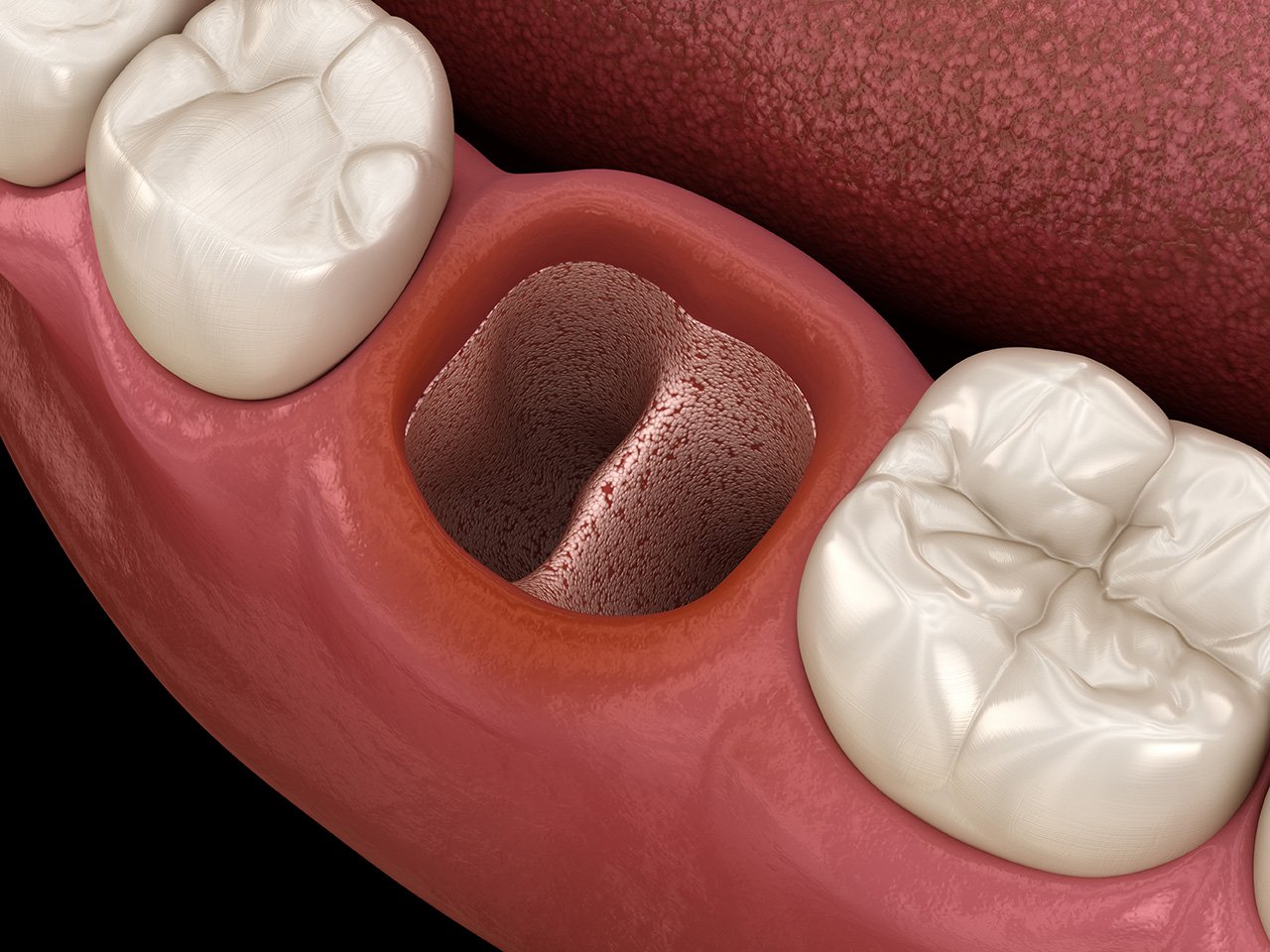
Heres what dental professionals need to know about alveolar osteitis or dry socket including prevention patient education and treatment. Sticky foods can pull the protective clot right out of the socket.

You shouldnt the sucking action is can cause a dry socket that is extremly painful if you do try to cover it up with your tongue and only puff as gently as possible.
Can sneezing cause dry socket. Presuming you sneeze through your nose then technically yes if there is a communication between your sinus and extraction socket you could blow the clot out of the socket but this would apply to your maxillary molars. Your dentist would probably have let you know if the sinus was perforated during extraction and advised you appropriately. These fragments can interfere with the formation of the blood clot.
Infection in the socket Bacteria interferes with proper blood clot formation. Smoking drinking through a straw or spitting The drawing action of sucking in and the force applied when spitting can dislodge the blood clot. Sneezing and coughing can also dislodge a blood clot.
Hard crunchy or sticky foods Hard or crunchy foods can displace the blood clot. Sticky foods can pull the protective clot right out of the socket. I coughed continuously for about 2 to 3 minutes and had some water to stop it.
Does the forceful cough cause dry socket. I am so worried about dry socket. Does the sneezing and coughing hard cause the dry socket.
I still have the ear and lower jaw pain I couldnt differentiate if I have dry socket pain. Will it cause any dry socket. Dry sockets occur when there is too much vacuum or explosive pressure.
This can happen when someone sneezes hard spits sucks on a cigarette or rinses too vigorously too soon after tooth extraction. Therefore it is very important to carefully follow all oral and written instructions given to you after your procedure. Dry sockets occur when there is too much vacuum or explosive pressure.
This can happen when someone sneezes hard spits sucks on a cigarette or rinses too vigorously too soon after tooth extraction. Therefore it is very important to carefully follow all oral and written instructions given to you after your procedure. Coughing sneezing or spitting can also cause debris to fall into the open socket causing a dry socket.
Poor oral hygiene and touching the wound area increases the risk of developing dry sockets as well as women who take birth control medication. Several things can cause the premature loss of a blood clot from an extraction site including smoking forceful spitting sucking through a straw coughing or sneezing. You should also avoid consuming carbonated or alcoholic beverages after an extraction as these have also been associated with the development of dry socket.
You shouldnt the sucking action is can cause a dry socket that is extremly painful if you do try to cover it up with your tongue and only puff as gently as possible. If you think youre suffering from the pain of a dry socket after tooth extraction its possible that the cause is a particle of food thats stuck there. Yes it can says Dr.
Haissam Dahan DMD MSc PhD lecturer at Harvard and McGill University and owner of Ottawa TMJ Sleep Apnea Clinic. Youre at risk of developing dry socket after a tooth extraction. The clinical term for dry socket is alveolar osteitis.
Dry socket typically lasts 7 days. Pain can be noticeable as early as day. Sucking on a straw food lodged in the site and things like bad hygiene spitting coughing and sneezing can cause dry socket.
Because so many factors are at play when it comes to dry socket its especially important to closely follow your dentist or surgeons post-op instructions after having any teeth extracted. Once the blood clot becomes dislodged there are many ways that dry sockets can develop. Both drinking from a straw and smoking can create suction that can dislodge the blood clot in tooth socket.
Coughing sneezing or spitting can also cause debris to fall into the open socket causing a dry socket. Heres what dental professionals need to know about alveolar osteitis or dry socket including prevention patient education and treatment. Amber Metro Sanchez BA.
Generally coughing or sneezing should not cause you to have dry socket. Avoiding straws and hot liquid should be the priority. Other than this just follow the post op instructions your dentist gave.
Its not a life-threatening condition but a dry socket can cause severe pain and sometimes lead to infection. Untreated early dry socket might cause infections that cause an abscess or other infection-related symptoms like feverThere are no known cases of death from dry socket or the subsequent infections. Coughing sneezing or spitting can also cause debris to fall into the open socket causing a dry socket.
Does dry socket hurt more at night. Dry sockets feel like an earache or may cause adjacent teeth to hurt. Dry Socket After tooth extraction.
All you need to know. If playback doesnt begin shortly try restarting your device. A dry socket Alveolar Osteitis is a painful complication that can occurs if the scab forming over the extraction area becomes disturbed or lost and the underlying bone that lines the tooth socket becomes exposed to the germs saliva and food debris in the mouth.
Symptoms usually starts appearing 2-4 days after the extraction of the tooth.